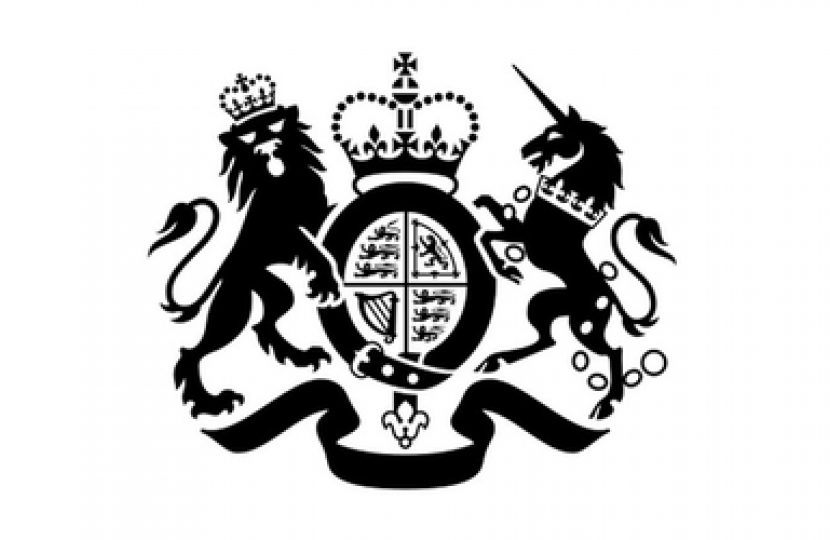
Dear Colleagues,
Dissolution and Calling of Parliament Bill – Committee Stage
I am writing to offer you an update on the Dissolution and Calling of Parliament Bill 2021 - 22. You will recall that the Bill was introduced on 12 May 2021 with the intention of delivering the manifesto commitment to repeal the Fixed-term Parliaments Act (“2011 Act”). The clauses are set out in the attached annex and the Explanatory Notes can be found here. Second Reading took place on 6 July. A combined Committee Stage and Third Reading will take place on 13 September. During its ten-year existence, the 2011 Act has not served our representative democracy well. It introduced uncertainty into our arrangements in respect of the status and effect of confidence motions and led to parliamentary paralysis by making it harder to have necessary elections.
At Second Reading, many members expressed frustration with the 2011 Act, which codified arrangements and eroded the flexibility that is an essential part of our parliamentary system. This Bill seeks to return to a tried and tested system which has served successive Governments and Parliaments, restoring arrangements more in keeping with our best constitutional traditions, upholding proper Parliamentary accountability and strengthening public confidence in our democratic arrangements. Let me turn to two issues raised during Second Reading. A few colleagues asked about the revival of the prerogative: I wrote to the Public Administration and Constitutional Affairs Committee (PACAC) (letter of 12 August – can be found here) confirming the Government’s view that the source of the power to dissolve Parliament would be the prerogative and setting out the legal basis for that position. There was also considerable interest in Clause 3.
In my letter to PACAC, I further set out in detail the legal basis and policy rationale for the clause. I commend this letter to interested members. During Second Reading, there was a fruitful debate and much interest on the underpinning constitutional conventions. By repealing the 2011 Act, the revived prerogative powers will once more be governed by constitutional convention. Including the relevant conventions in legislation would be inappropriate; they should remain political in nature rather than become legally enforceable rules which would be detrimental to their inherent flexibility. It is also important that they are widely understood.
A number of documents, prepared in the course of the progress of the Bill, provide a fuller picture:
• The Government published a draft Dissolution Principles (1 December 2020) document for discussion amongst parliamentarians, outlining the core conventions underpinning a Prime Minister’s request for a dissolution.
• The Joint Committee on the Fixed Term Parliaments Act (24 March 2021) set out its understanding of the principles and conventions on confidence, dissolution, government formation and the role of the Sovereign. The Government responded (12 May 2021), in particular clarifying that the Prime Minister “requests” a dissolution.
• In my letter to PACAC, I also address the conventions and practices governing confidence and the role of the Sovereign as the constitutional backstop to refuse a dissolution request.
The most appropriate place to discuss and build shared agreement on conventions is on the floor of the House and in wider public discourse. Second Reading in the House of Commons was beneficial in developing the debate, particularly with regard to the conventions on confidence and a recognition that there was a role for the Sovereign in refusing a dissolution request. I look forward to the debate on the Bill and the conventions at Committee Stage. Let me also thank you in advance for your interest and engagement on this important legislation.

